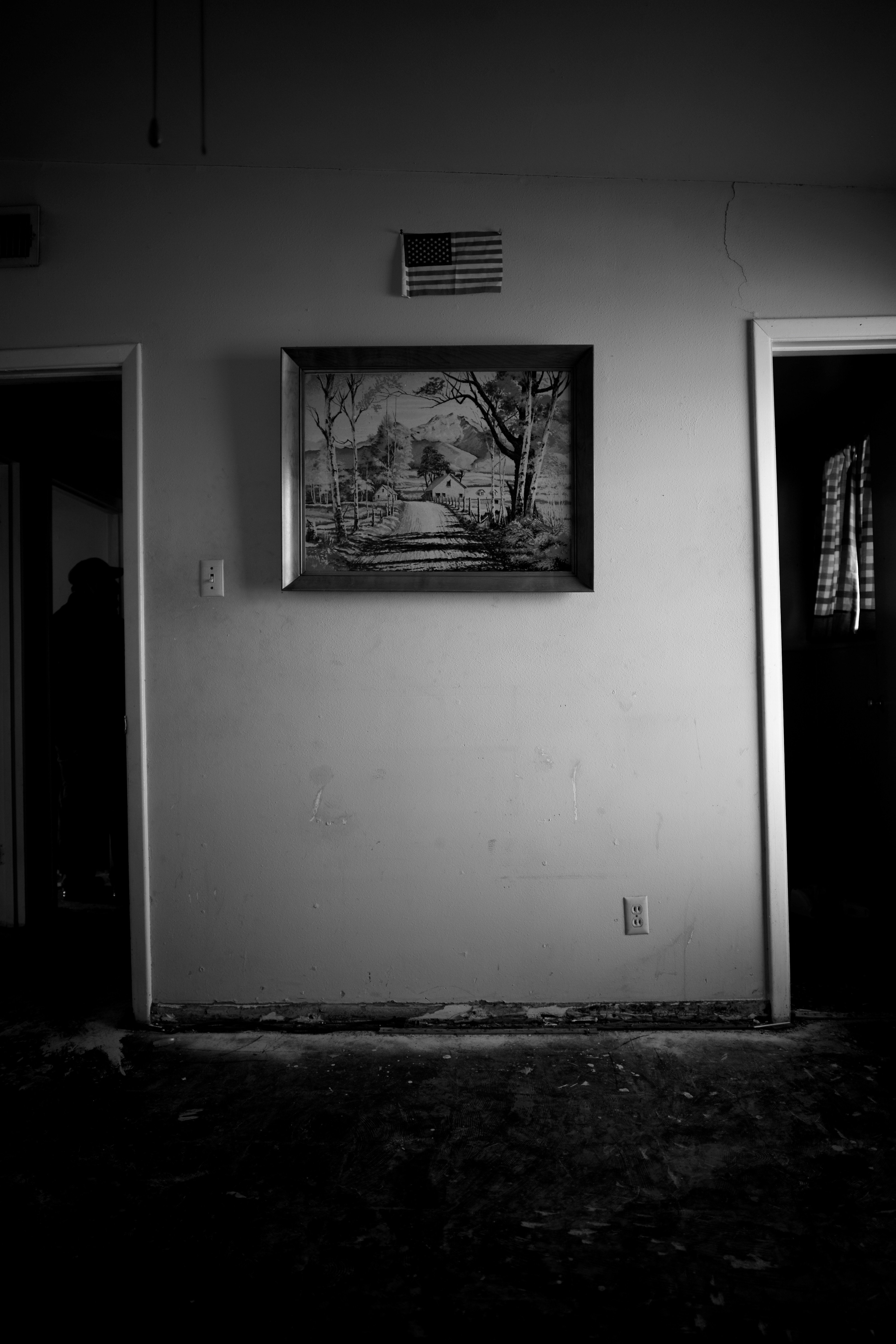You have /5 articles left.
Sign up for a free account or log in.
The epigraph ("The best laid schemes o’ Mice an’ Men / Gang aft agley...") at the start of this multi-part series is often remembered as a poem about personal failure, or else is conflated with Burns’ “Auld Lang Syne” as sentimental melancholy in the face of change. In fact it’s mostly about expansion, technology, nature, resources, unintended cruelty, uncaring, and incompatible ways of life. That is, it's about our time. The title of the poem is “To a Mouse,” and the subtitle “On Turning up in Her Nest with the Plough, November, 1785”:
I’m truly sorry Man’s dominion
Has broken Nature’s social union,
An’ justifies that ill opinion,
Which makes thee startle,
At me, thy poor, earth-born companion,
An’ fellow-mortal!
The poem says:
Thy wee-bit housie, too, in ruin!
It's silly wa's the win's are strewin!
An' naething, now, to big a new ane,
O' foggage green!
An' bleak December's win's ensuin,
Baith snell an' keen!
Thou saw the fields laid bare an' waste,
An' weary winter comin fast,
An' cozie here, beneath the blast,
Thou thought to dwell,
Till crash! the cruel coulter past
Out thro' thy cell.
That wee bit heap o' leaves an' stibble,
Has cost thee monie a weary nibble!
Now thou's turned out, for a' thy trouble,
But house or hald,
To thole the winter's sleety dribble,
An' cranreuch cauld.
If your Lowland Scots is rusty:
Your small house, too, in ruin!
Its feeble walls the winds are scattering!
And nothing now, to build a new one,
Of coarse grass green!
And bleak December's winds coming,
Both bitter and piercing!
You saw the fields laid bare and wasted,
And weary winter coming fast,
And cozy here, beneath the blast,
You thought to dwell,
Till crash! the cruel plough passed
Out through your cell.
That small bit heap of leaves and stubble,
Has cost you many a weary nibble!
Now you are turned out, for all your trouble,
Without house or holding,
To endure the winter's sleety dribble,
And hoar-frost cold.
(Simple English Wikipedia)
Empathy in the poem can imagine equal rights to the means of existence for all creatures. But what, in practical terms, does empathy intend to do it about it, now that the powerful have driven out the small? Is there even an answer, or must stories admit to mere documentation? Even photo essays want to do more.
"What's the story?" Donato asks again and again.

Stories have egos; they want it their own way. Stories threaten to become types if they’ll be believed---the "car and biker clubs get along when they admire each others' machines" type; the "college graduate who's an army veteran has an interest in social justice" type; the "rich people are walling themselves off in the new Gilded Age" type; the "old Texas / New Texas" type.
Stories drown in the terrible complexity of the world.
Martha Gellhorn writes, in 1947: "There is no moral to driving through America. There probably isn't any conclusion. Except the obvious one: America is not what it sounds, Americans are not those people you read about in newspapers and magazines. I know what a disgust America seems to those who read its own report of itself and are too far away to check the facts against the truth. America sounds greedy, righteous and afraid, and full of threatening sounds. We are not loved abroad and I see no reason to expect love, but our exported picture of ourselves is a disaster. [...] The country goes on, being beautiful and strange."
I heard variations on the story of how stories are failing, at the big annual conference of poets and writers, last month, in Tampa. Who can keep up with the unforeseeable news in our time, people were saying, let alone make a story that doesn't feel artificial or simplistic? That's not a partial lie? A failure-to-take-into-account? I've been feeling that for some time. The working title of my next book was, at one point, “The Death of Narrative, the Death of Everything.”
You’ve been out to San Antonio. What now, fellow mortal?

